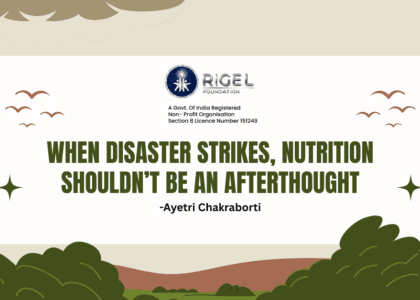Why Activism Still Matters
The LGBTQIA+ community has made remarkable strides in the fight for equality, but significant challenges remain. While legal victories like marriage equality and anti-discrimination protections have reshaped many societies, millions worldwide still face systemic barriers, social stigma, and violence. Social activism continues to be a driving force in dismantling these injustices, ensuring that rights are not only granted but also protected and upheld.
A Legacy of Resistance and Progress
The struggle for LGBTQIA+ rights is rooted in decades of activism. The Stonewall Riots of 1969, led by figures like Marsha P. Johnson and Sylvia Rivera, ignited a global movement demanding dignity and equal treatment. Since then, activists have fought for workplace protections, healthcare access, and the right to live openly without fear. These efforts have led to real change, proving that activism is not merely an act of resistance—it is an engine of progress.
The Digital Age of Activism
Modern activism has extended beyond protests and legislation into the digital sphere. Social media has become a catalyst for awareness and mobilization, amplifying voices that were once silenced. Campaigns like #LoveIsLove and #TransRightsAreHumanRights have influenced public discourse and pressured institutions to take meaningful action. Beyond advocacy, online spaces provide vital support networks for those seeking community and safety.
Everyday Activism: The Role of Individuals and the Road Ahead
Change is not solely the responsibility of policymakers or advocacy groups—it is shaped by everyday actions. Whether through advocating for inclusive policies, supporting LGBTQIA+ organizations, or challenging discriminatory narratives, individuals play a critical role in fostering an equitable society.
While history has shown that progress is possible, it has also made one truth clear: rights that are not actively defended risk being eroded. The question is not whether activism is necessary, but rather—how will you make your contribution valid? Or is it just another social media post with colourful hashtags?








